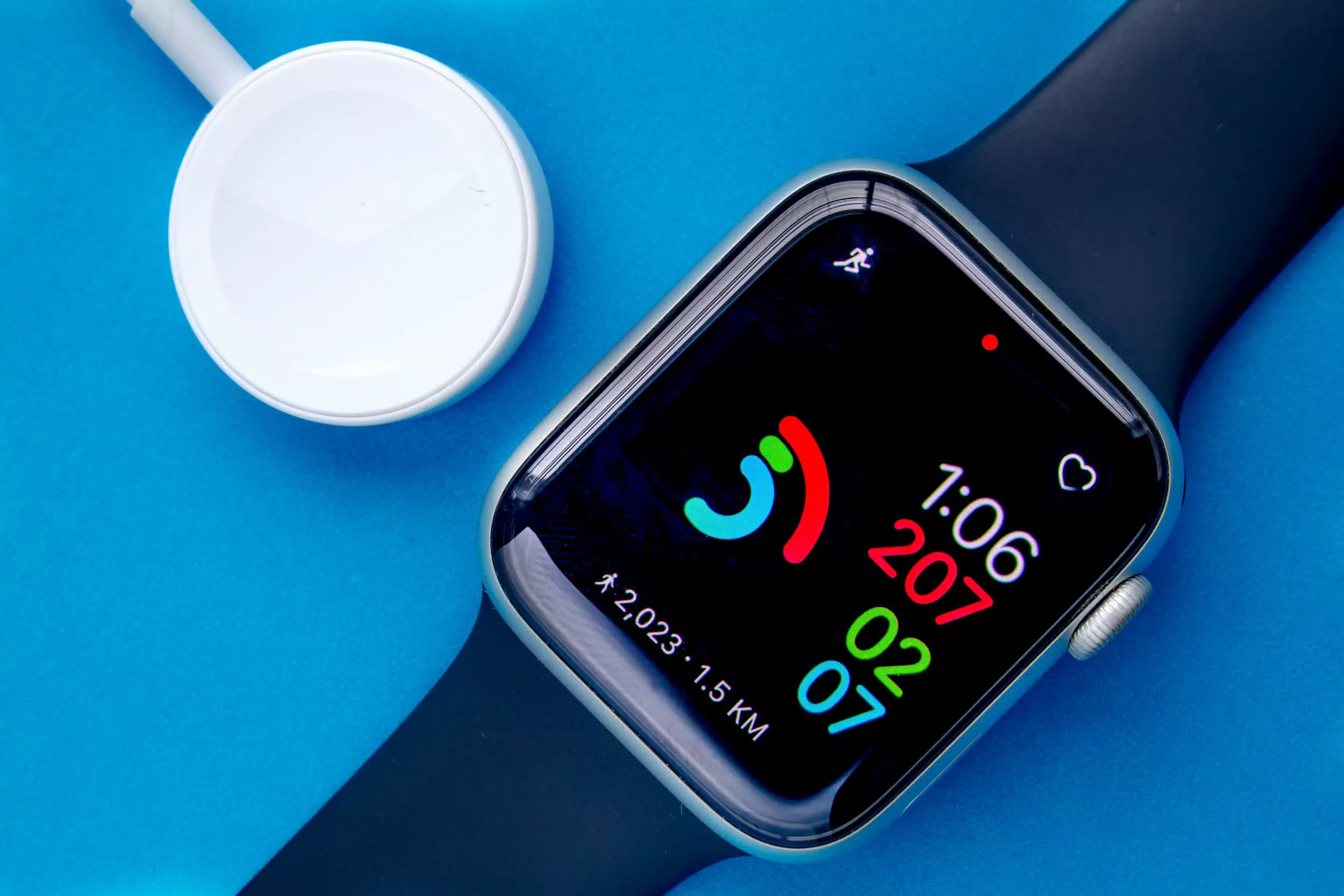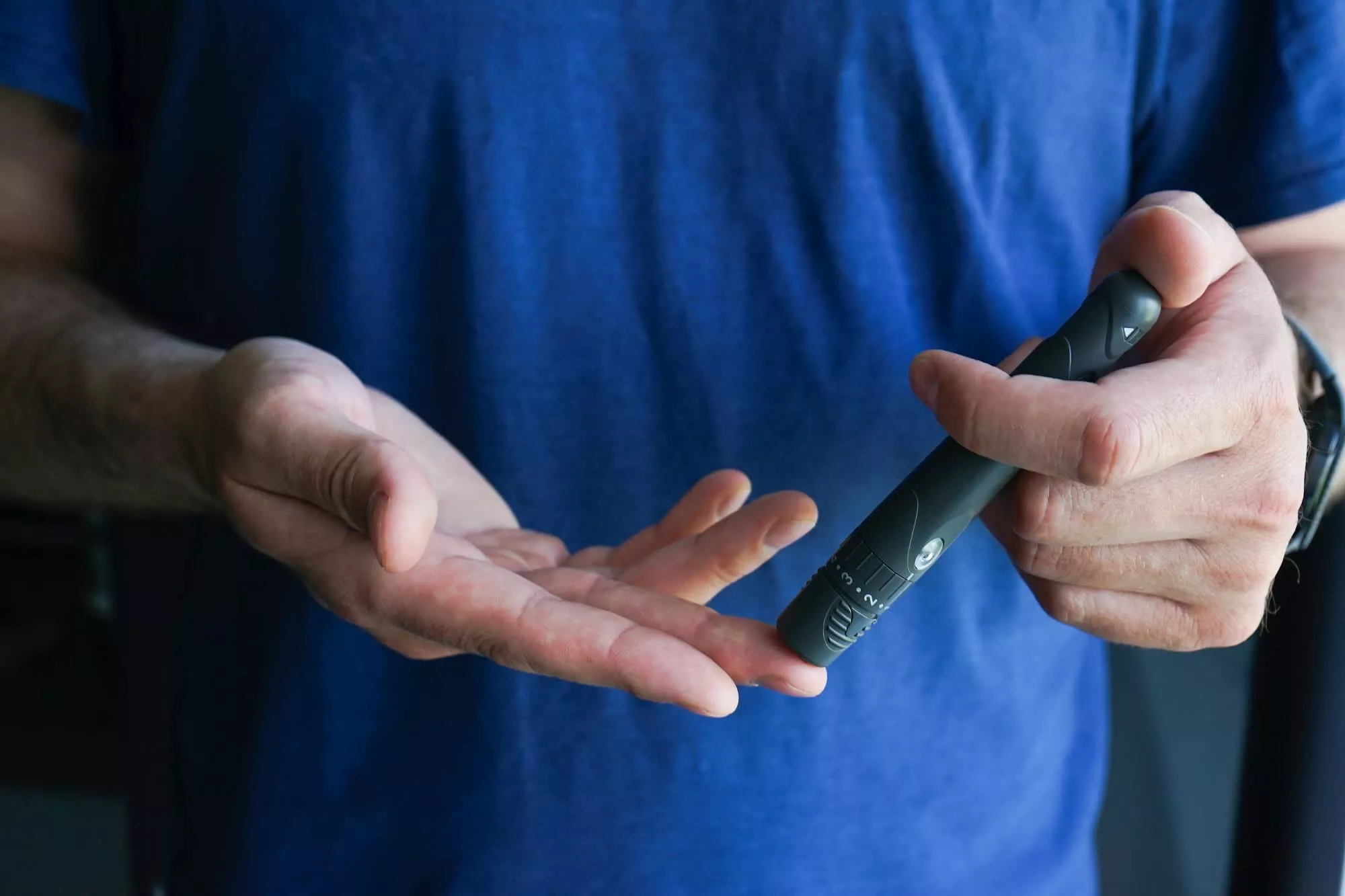In brief: Rumors that a future Apple Watch will include a slew of new health-focused features, including blood glucose monitoring, have been circulating for years. Now, a recent filing suggests the wearable really could offer a non-invasive way of measuring blood sugars, as well as blood pressure and even alcohol levels.

According to The Daily Telegraph, an SEC filing by UK health tech startup Rockley Photonics reveals that Apple has been its largest customer over the last two years, and it has an ongoing “supply and development agreement” with Cupertino. Rockley develops sensors able to detect various blood levels, including glucose, by firing infrared light through the skin.
The filing lends credence to reports from January that claimed Apple and Samsung are working on non-invasive blood glucose monitoring for their respective wearables. Conditions such as type 1 diabetes, which affects this writer, require checking blood glucose levels many times every day. It usually involves pricking a finger using a lancet and placing a drop of blood in a glucose meter, a process that causes marks, hardens skin, and can be uncomfortable.

A routine many diabetics must endure around ten times per day
While there are constant glucose monitors (CGMs) available, these are invasive, expensive, and easily knocked off the body. A smartwatch that does the same job would be revolutionary, providing the readings are accurate—even CGMs that measure glucose in the interstitial fluid aren’t always 100% correct.
Rockley's blood pressure-tracking tech would be a welcome feature for those with hypo/hypertension while also letting wearers check their BP during exercise. An alcohol monitor, meanwhile, could help users drink less excessively.
There’s still plenty of work to do before such sensors are reliable enough to be included in a smartwatch, so don’t expect to see them until next year at the earliest. Still, the prospect of painless and convenient glucose monitoring is an exciting one for many people with diabetes.
Masthead image credit: VI Studio
https://www.techspot.com/news/89522-future-apple-watch-could-measure-blood-glucose-pressure.html